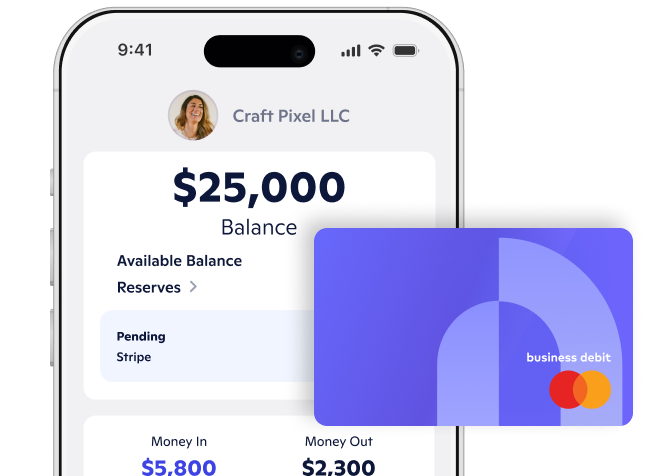
wning a small business comes with several perks, but it also comes with more responsibilities. One of the biggest responsibilities you’ll face is paying business taxes. On average, small businesses pay 19.8% in taxes, although the exact number depends on the type of business.
There are five primary taxes you need to pay if you are a small business owner. Here’s what you need to know about each type of small business tax you’ll face.
Income Tax
All businesses except partnerships must file an income tax return annually with the IRS. Partnerships instead file an annual information return. Federal income tax is considered a pay-as-you-go tax, meaning you’ll pay it as you earn income throughout the year, either through tax withholding or estimated taxes. The tax form you need to file depends on your business structure, which also determines if you are required to pay state income tax or not.
Estimated Taxes
Estimated taxes are equal quarterly installment tax payments made throughout the year. Small business owners who don’t have taxes withheld each paycheck or the amount withheld isn’t enough, there’s a good chance you need to pay estimated taxes. Underpayment of estimated taxes can result in paying penalty fees.
Self-Employment Tax
If you work for yourself, there’s a good chance you’re required to pay self-employment taxes on your net earnings. Self-employment taxes are required for several business structures, including sole proprietors, partners in a partnership, and LLC owners.
Self-employment taxes are those paid by sole proprietors, partners in a partnership, and LLC owners for Social Security and Medicare, based on the business’s net income.
This particular tax covers Social Security and Medicare taxes for self-employed individuals. Employees typically share the burden of this tax with their employers. If you are self-employed, you are responsible for the entire amount, which is currently set at 15.3%. At tax time, you’ll use Schedule SE (Form 1040) to determine how much you owe.
Employment Taxes
If you have employees, you will also pay employment taxes each year. Employment taxes cover:
- Social security and Medicare taxes
- Federal income tax withholding
- Federal unemployment (FUTA) tax
Businesses with employees also pay state employment taxes to cover workers’ compensation insurance and unemployment insurance. Some states also require business owners to pay taxes to cover temporary disability insurance.
Excise Tax
Depending on the nature of your business, you may be responsible for paying excise taxes annually. Federal excise taxes cover a variety of business tax categories, including:
- Environmental taxes
- Communications and air transportation taxes
- Fuel taxes
- heavy trucks, trailers, and tractors (tax on first retail sale)
- Manufacturers taxes
- Sports wagering taxes
- Indoor tanning services taxes
Small Business Tax Tips
While no one likes paying taxes, there are several ways you can help yourself and your business prepare for (and make the best of) tax time.
- Take advantage of small business tax benefits: Depending on your business type, you can reduce your business income and tax bill through several tax deductions and tax credits.
- Mark your calendar: Pay attention to federal and state business tax deadlines.
- Keep good records: A little extra record-keeping work now can help save you tons of time and headaches come tax time. It will also help you if you’re ever subject to an audit.
- Find a reputable tax professional: Hiring a tax professional or accountant can keep you organized throughout the year, help you take advantage of tax breaks, and file your business tax returns for you.
- Check your business classification: Classifying your business correctly can help you avoid paying too many taxes. Consult an accountant or financial advisor to determine the best classification for your business.
The Takeaway
Taxes are a reality, and paying them annually is the price of doing business. Do yourself a favor and hire an accountant or other tax professional to ensure you’re on top of your taxes unless you can manage taxes on your own.

%201.png)
.png)




